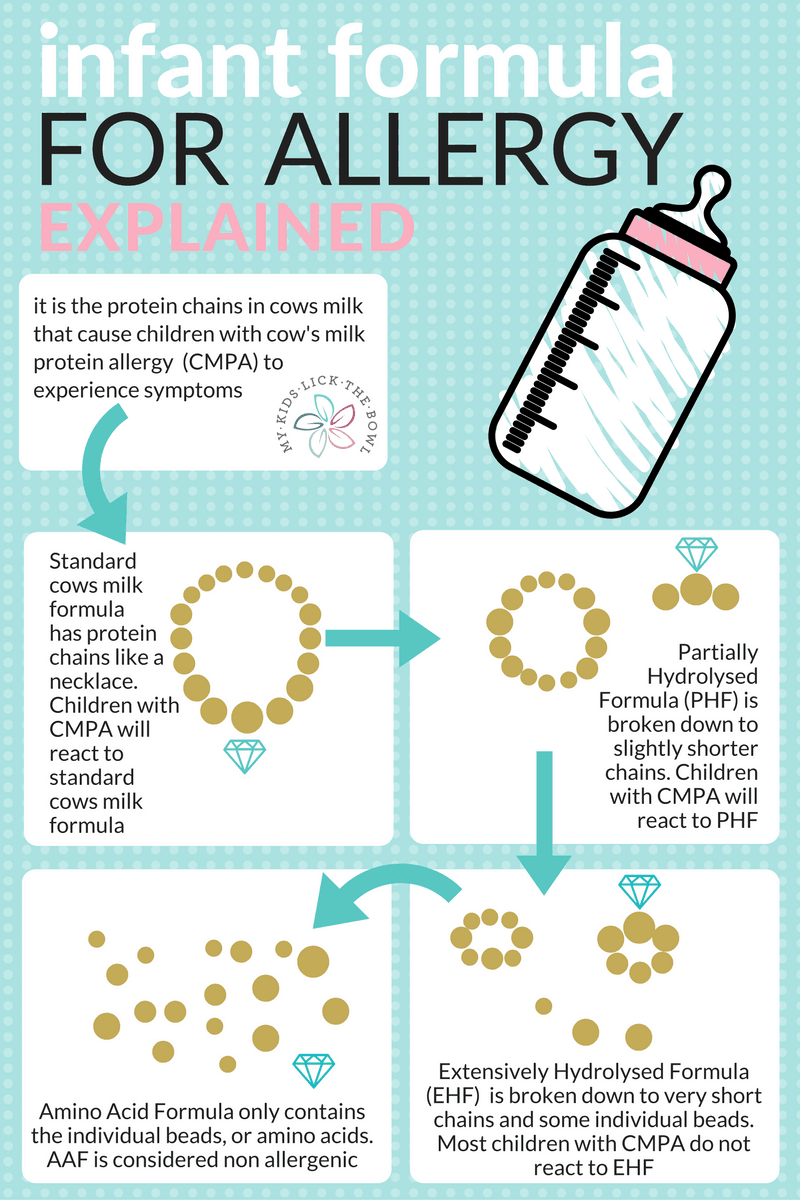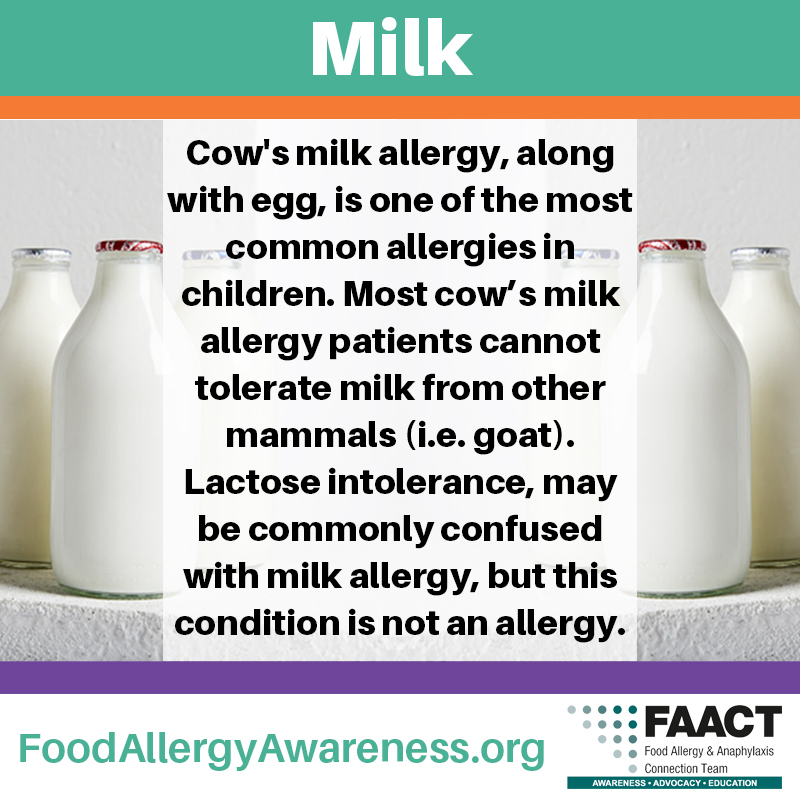Reference




Moonshot's Answer
The allergenicity of goat's milk in relation to children with cow's milk allergy is a significant concern. According to various studies, including those found on PubMed and the Journal of Allergy and Clinical Immunology, goat's milk is not considered a safe substitute for children with IgE-mediated cow's milk allergy [1][2]. This is due to the presence of similar proteins in both cow's and goat's milk that can trigger allergic reactions. Symptoms of an allergy can range from mild to severe and include gastrointestinal issues, skin reactions, and respiratory problems [3][4].
The European Food Safety Authority has stated that proteins from goat's milk can be suitable as a protein source for infant and follow-on formula, but this is under specific conditions and with caution due to the risk of cross-reactivity with cow's milk proteins [5]. Most individuals who are sensitized to cow's milk cannot tolerate goat's or sheep's milk, indicating a high cross-reactivity [6].
In conclusion, due to the potential for cross-reactivity and the presence of allergenic proteins, goat's milk is generally not recommended as a substitute for children with cow's milk allergy. It is crucial for parents and caregivers to consult with healthcare providers to determine the best course of action for managing cow's milk allergies in children.

Follow Up
Related
How does Donald Trump's win affects Indian students preparing for graduate studies in US?
How does the law affect members of the Armed Forces, CSIS, or RCMP?
CHAPTER 2 - Literature Review 2.1. Introduction This chapter undertakes a review of literature to
How much area was affected by fires between 1998 and 2001?
How does the BDNF polymorphism affect extinction learning in both mice and humans?